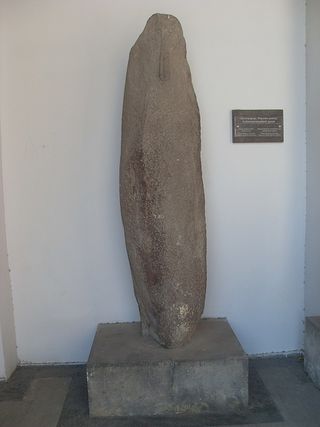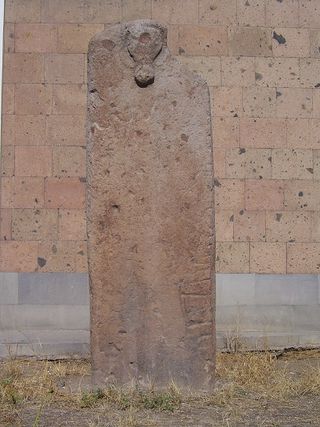「ヴィシャップ」の版間の差分
| 5行目: | 5行目: | ||
== 概要 == | == 概要 == | ||
| − | + | ヴィシャップ(Վիշապ)はアルメニア神話に登場する、リヴァイアサンに似た水に関係の深い龍である。翼のある蛇として、あるいはさまざまな動物の要素を組み合わせて描かれるのが一般的である<ref>Armenian Mythology: Stories of Armenian Gods and Goddesses, Heroes and Heroines, Hells & Heavens, Folklore & Fairy Tales, Ananikian, Mardiros Harootioon, IndoEuropeanPublishing.com, 2010, isbn:9781604441727</ref><ref>The Dragon in Medieval East Christian and Islamic Art, Kuehn, Sara, Brill, 2011, isbn:9789004209725, pages29</ref>。 | |
| + | |||
| − | |||
[[Mount Ararat]] was the main home of the Vishap. The volcanic character of the Araratian peak and its earthquakes may have suggested its association with the Vishap. Sometimes with its children, the Vishap used to steal children or toddlers and put a small evil spirit of their own brood in their stead. According to ancient beliefs, the Vishap ascended to the sky or descended therefrom to earth, causing thunderous storms, whirlwinds, and absorption of the sun (causing an eclipse). The dragon was worshipped in a number of Eastern countries, symbolising the element of water, fertility and wealth, and later became a frightful symbol of power. According to ancient legends, the dragon fought [[Vahagn]] the Dragon Slayer.<ref>{{cite web | [[Mount Ararat]] was the main home of the Vishap. The volcanic character of the Araratian peak and its earthquakes may have suggested its association with the Vishap. Sometimes with its children, the Vishap used to steal children or toddlers and put a small evil spirit of their own brood in their stead. According to ancient beliefs, the Vishap ascended to the sky or descended therefrom to earth, causing thunderous storms, whirlwinds, and absorption of the sun (causing an eclipse). The dragon was worshipped in a number of Eastern countries, symbolising the element of water, fertility and wealth, and later became a frightful symbol of power. According to ancient legends, the dragon fought [[Vahagn]] the Dragon Slayer.<ref>{{cite web | ||
2023年1月8日 (日) 19:54時点における版
ヴィシャップ(Višap)とはアルメニア伝承に出るドラゴンの事である。ゾロアスター教のアジ・ダハーカにあたる。アララト山の頂上に棲む。英雄神ヴァハグンに倒される。 なお先史時代の石柱を「ヴィシャップ石」と呼ぶ。
概要
ヴィシャップ(Վիշապ)はアルメニア神話に登場する、リヴァイアサンに似た水に関係の深い龍である。翼のある蛇として、あるいはさまざまな動物の要素を組み合わせて描かれるのが一般的である[1][2]。
Mount Ararat was the main home of the Vishap. The volcanic character of the Araratian peak and its earthquakes may have suggested its association with the Vishap. Sometimes with its children, the Vishap used to steal children or toddlers and put a small evil spirit of their own brood in their stead. According to ancient beliefs, the Vishap ascended to the sky or descended therefrom to earth, causing thunderous storms, whirlwinds, and absorption of the sun (causing an eclipse). The dragon was worshipped in a number of Eastern countries, symbolising the element of water, fertility and wealth, and later became a frightful symbol of power. According to ancient legends, the dragon fought Vahagn the Dragon Slayer.[3]
参考文献
- Wikipedia:ヴィシャップ(最終閲覧日:23-01-08)
- 「幻獣ドラゴン」1990年
関連項目
参照
- ↑ Armenian Mythology: Stories of Armenian Gods and Goddesses, Heroes and Heroines, Hells & Heavens, Folklore & Fairy Tales, Ananikian, Mardiros Harootioon, IndoEuropeanPublishing.com, 2010, isbn:9781604441727
- ↑ The Dragon in Medieval East Christian and Islamic Art, Kuehn, Sara, Brill, 2011, isbn:9789004209725, pages29
- ↑ Chapter XXXIV - Armenian Mythology.{{{date}}} - via {{{via}}}.

